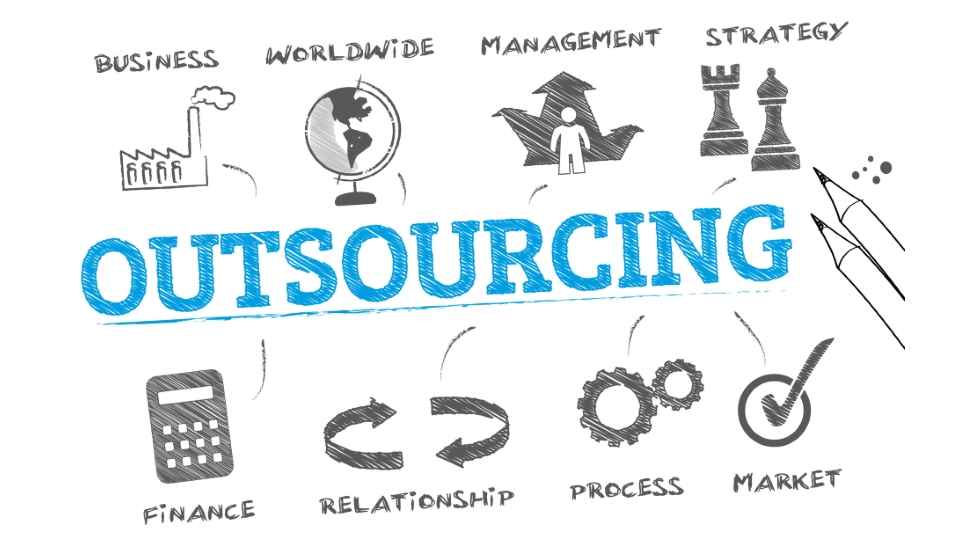Enabling Self-Governing Teams: Building Relationships
To prevent discord and disengagement that enable your self-governing team to survive and thrive, you should assess the current culture and implement changes if necessary to foster faster and better decision making. Follow these tips for building trust and create high-performance teams in your organization.
Build Trust
During the initial weeks of team formation, conduct team-building exercises that expose team members to other people on their team. You can hold these meetings by webcam if necessary. Your primary focus needs to be on relationship building to support customers because team members tend to be more likely to work together to solve customer problems when they know and trust each other. You can earn the confidence of another co-worker by attending to that individual's needs, not focusing exclusively on yourself. People who trust each other usually connect, collaborate and keep promises more frequently than those who dislike and distrust each other.
Read about experience with a dedicated development team from Ukraine
Provide Training
Self-governing teams welcome and train new members by offering orientation on the policies and procedures in place to get work done predictably, repeatedly and reliably. Innovative workplaces encourage employees to pick their projects and establish their role. Most companies, however, assign resources to project teams. In either case, employees have the opportunity to identify project gaps and offer their expertise in areas of competence. Everyone gets invested when projects have high visibility, measurable outcomes and opportunities for rewards and recognition.
Read about using the dedicated team outsourcing model
Give Constructive Feedback
High-performance self-governing teams flourish when team members give each other candid feedback that allows behavior changes necessary to improve output. When feedback is directive and prescriptive, people can take specific action. You can gather, collate and distribute anonymous feedback to deliver to everyone using free online survey tools. You may even want to have employees rank each other to determine who provides the most value to the team. The responses may change over time.
Building relationship capital during team formation enables your team members to establish a long-term competitive advantage. Icebreaker activities can help employees get to know each other and identify strengths and weaknesses present on the team. All team members should participate in analysis, measurement, forecasting and evaluations. By learning from each other, each team member can develop required skills without formal training programs.
Written by Tara Duggan




